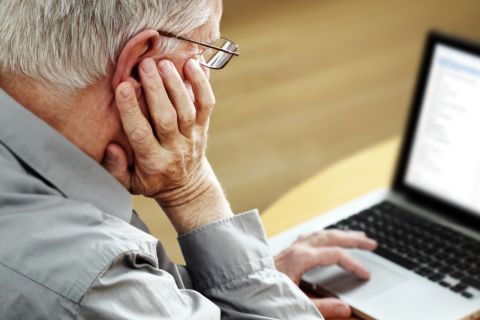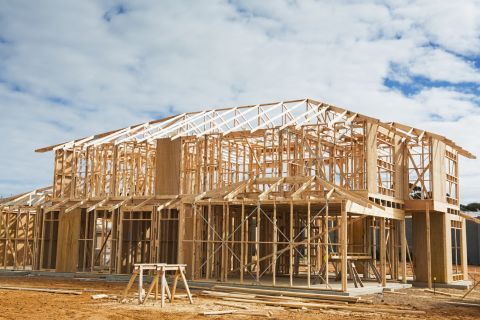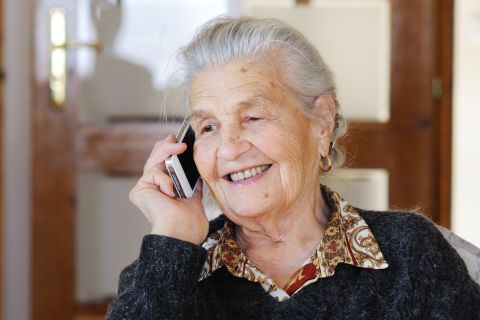How to beat loneliness – virtually and in real life
Seniors are reaching out to each other through an online interactive project called Planet WellBeing.

Loneliness and social isolation are scourges of growing older. Many seniors are unable to maintain rewarding person-to-person connections due to restricted physical mobility, isolation, disconnection, and mental health issues.
Health consequences of loneliness include a heightened risk of early mortality and a significantly increased likelihood of developing dementia. Lonely individuals are more prone to depression and suicide.
In Britain, Sheffield Hallam University, Age UK, and technology provider Pixelmill Digital have joined forces to do something to counter loneliness in the elderly, using “extended reality” in a project they’ve called Planet WellBeing.
The researchers have developed age-friendly technology – headsets that older people can wear to capture their real-world physical actions and use them to navigate and interact with a virtual world.
They discovered that older users were able to perform complex activities in the virtual world, with natural movements giving them a strong sense of presence.
Dr Ben Heller, associate professor at the university’s Advanced Wellbeing Research Centre, said the 18-month trial was based on more than a decade of research that “has demonstrated how older people can be motivated to exercise more through fun, social activities in virtual worlds”.
The technology is still being tested but it could be coming to an aged care home near you, or even your own home, in the not-so-distant future.
The researchers have designed a virtual world that allows people to use natural physical movements to perform fun and engaging activities with friends, family, or even strangers online.
These activities include exploring places, dancing, playing card games, and interacting with robot animals.
The trial participants were given virtual reality (VR) devices and headsets that allowed them to simulate such activities as painting on canvases and climbing walls.
Some of the sessions are moderated by expert practitioners and therapists who facilitate social interactions and conversations that participants may find difficult in real-world settings.
The researchers hope that the rich social engagement within this world will benefit users’ mental wellbeing and reduce feelings of loneliness.
The results of the trial will be analysed before it’s decided whether to implement the project more broadly.
Physical symptoms such as headaches, feeling unwell, pain, sleep disturbances, and lack of motivation.
Mental health conditions such as depression, feeling anxious, having panic attacks or feeling paranoid.
Diet problems such as putting on weight, losing weight or losing your appetite.
Negative feelings such as feeling worthless or hopeless or thinking about suicide.
Substance abuse such as drinking a lot of alcohol, misusing medicines or taking drugs.
Connect with family and friends. Reach out to a family member, workmate or neighbour.
Connect with communities online or in person. Join a club, volunteer with a sports club or join a church or an online community for your special interest.
Get out of the house and be active. Go shopping, join a club or enrol to study. Exercise is very important for improving mental health.
Spend times with animals. Pets can improve your physical and mental health. Talking about pets is a great conversation starter when you meet people.
More information about loneliness and what to do about it can be found here.
Related reading: BBC, Sheffield Hallam University, Health Direct








